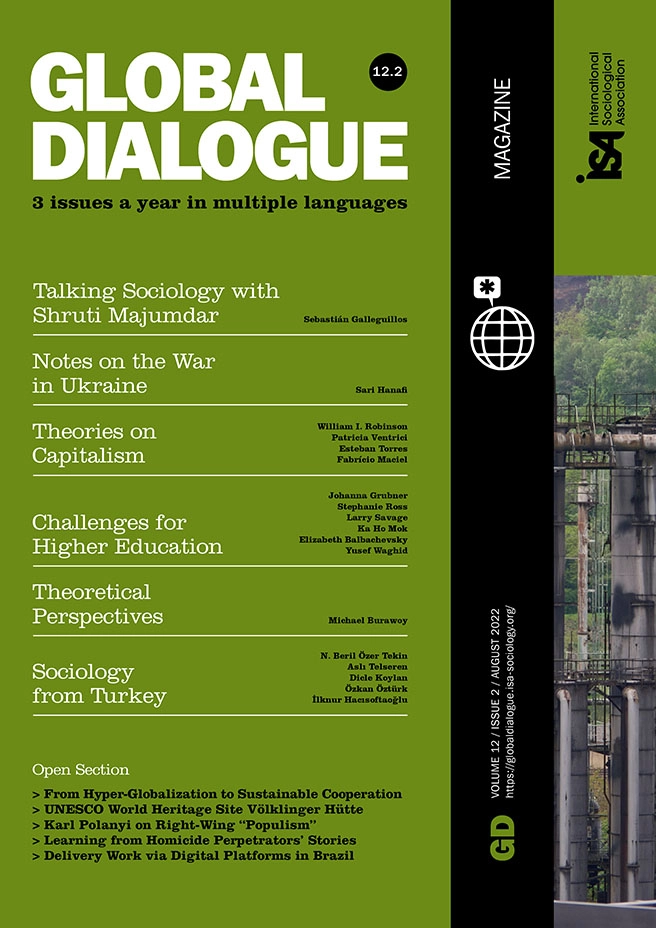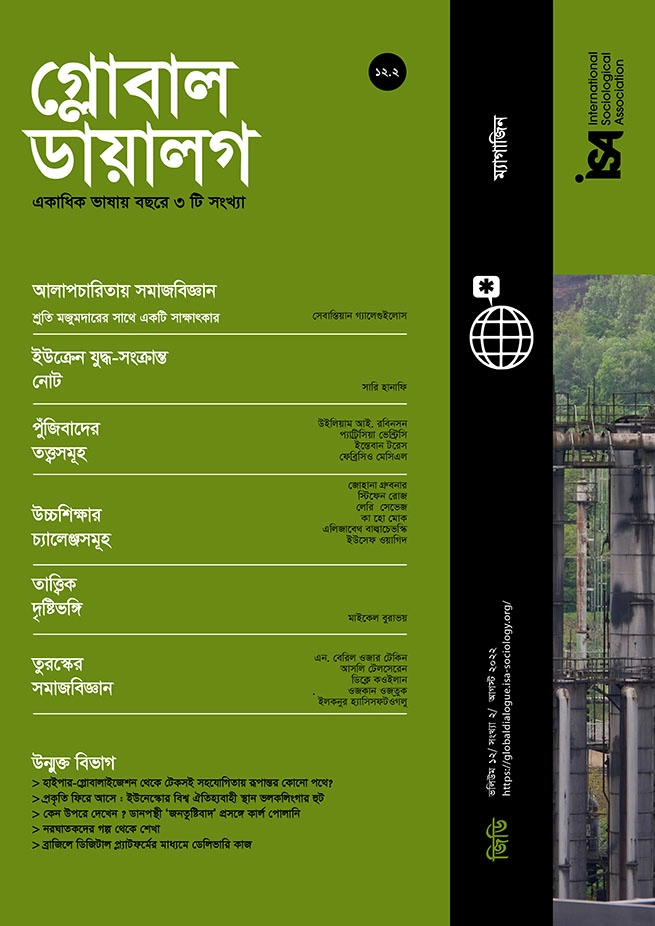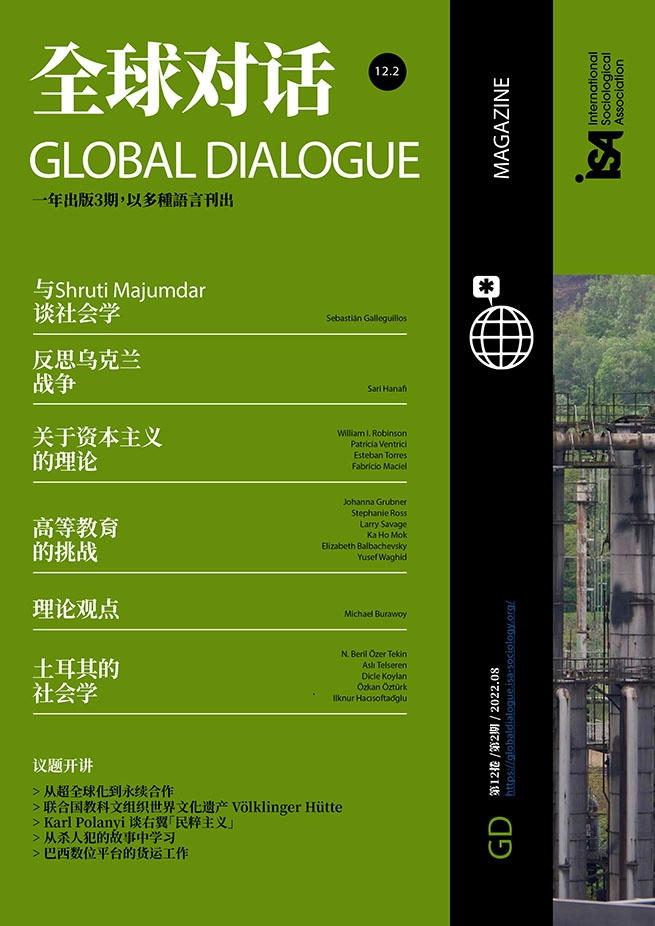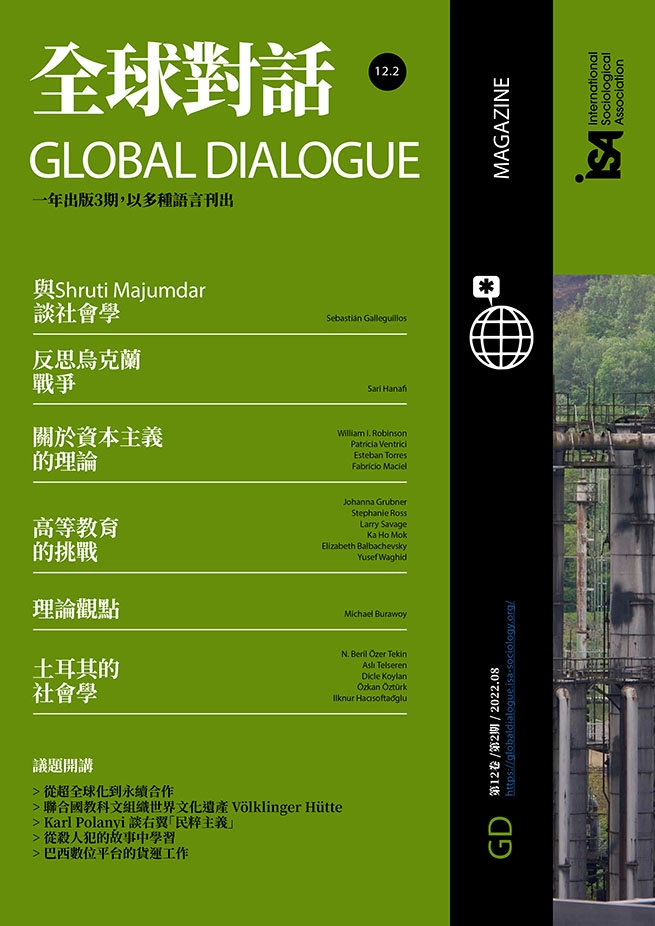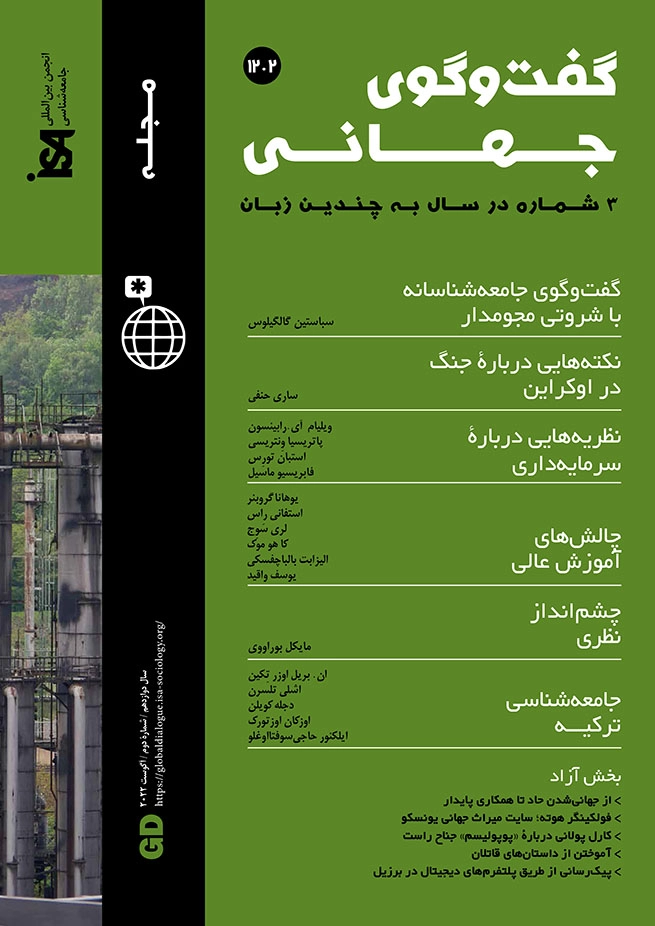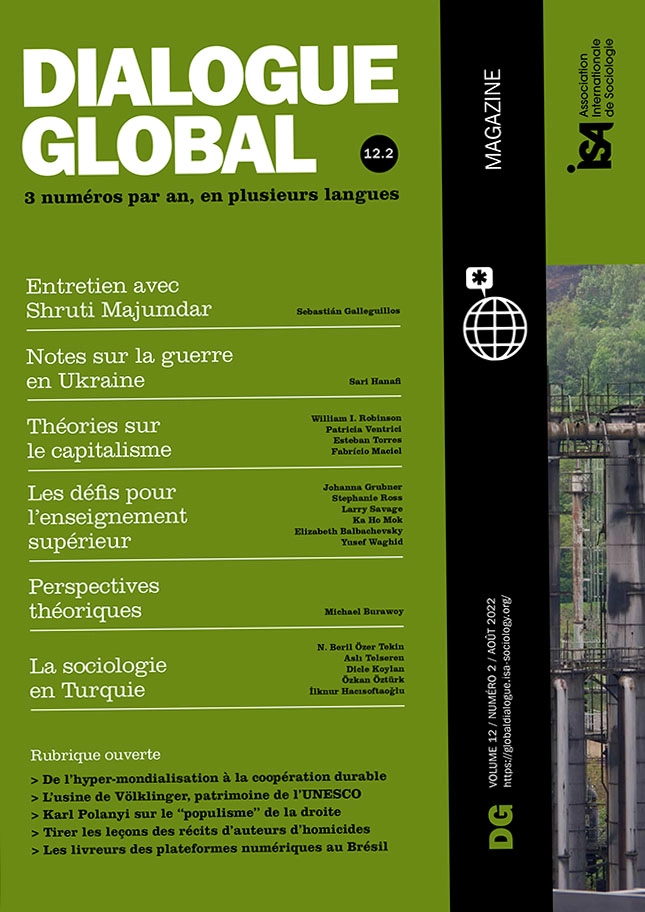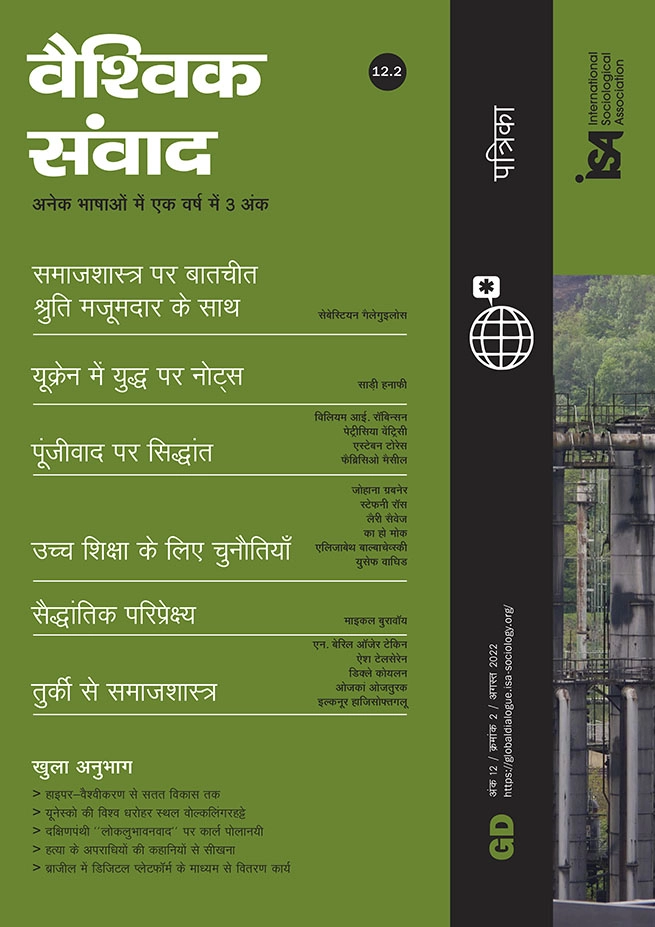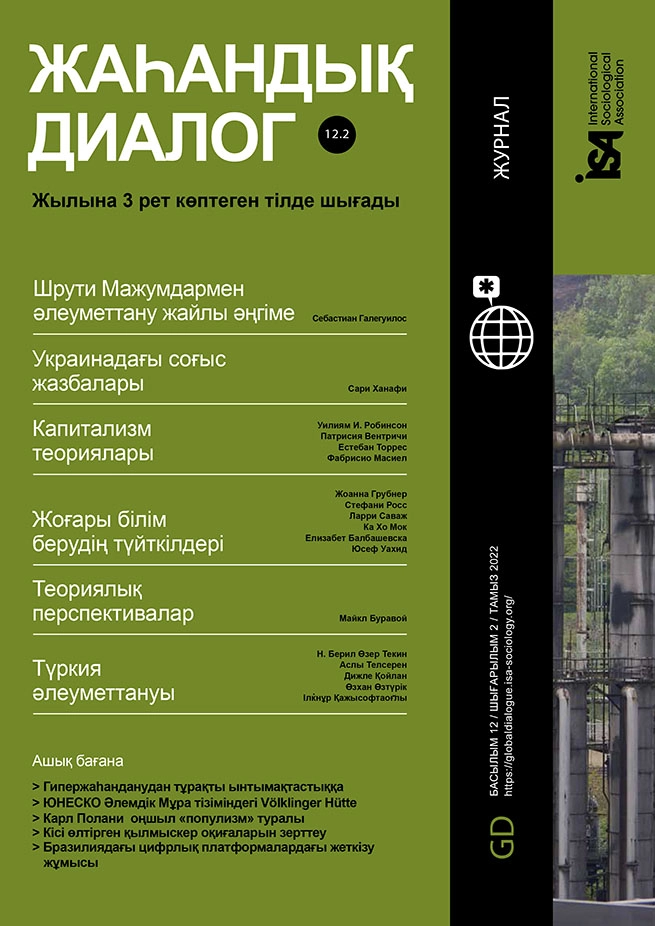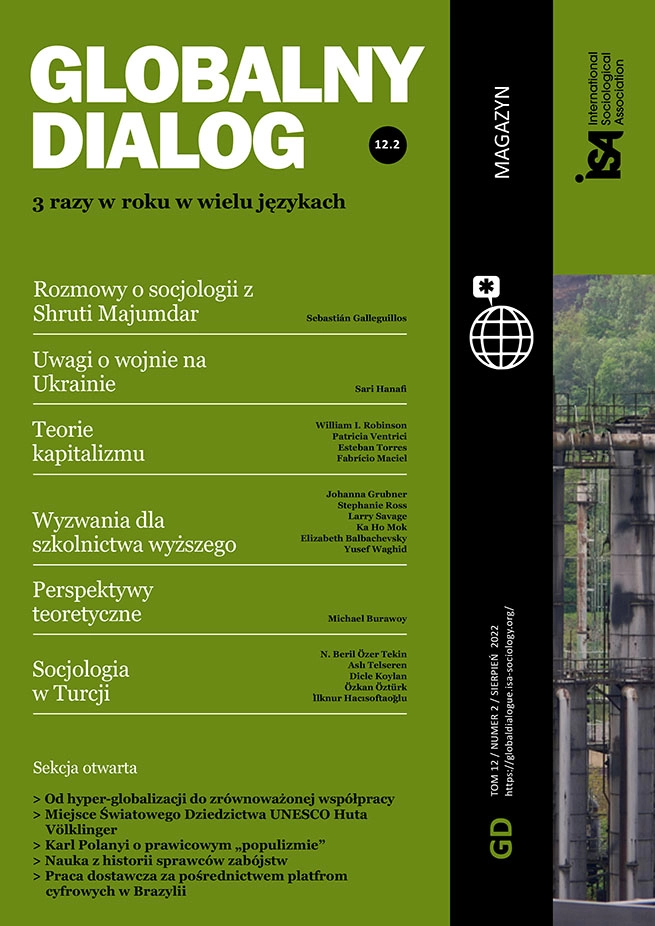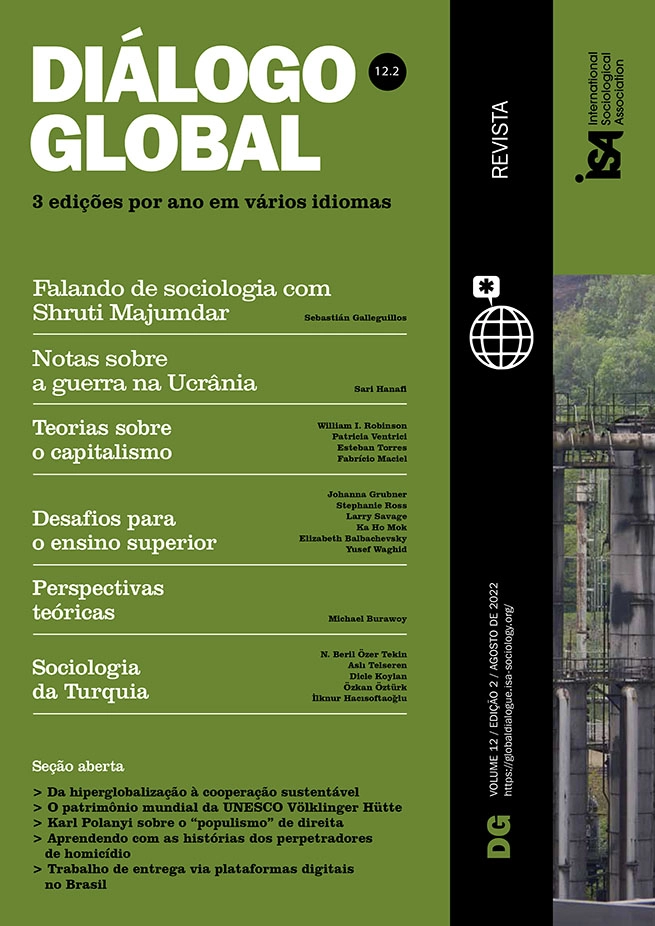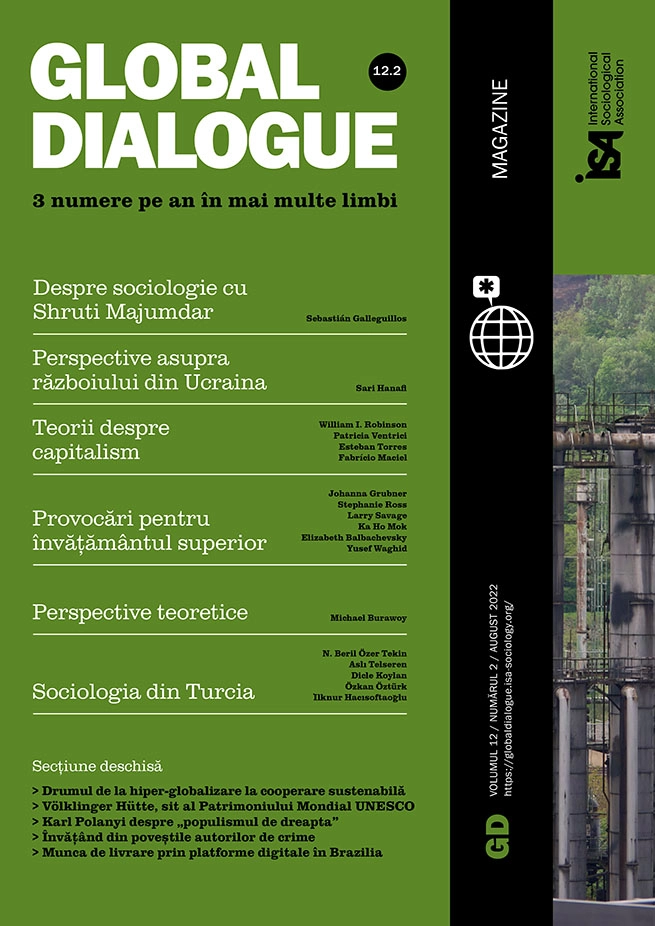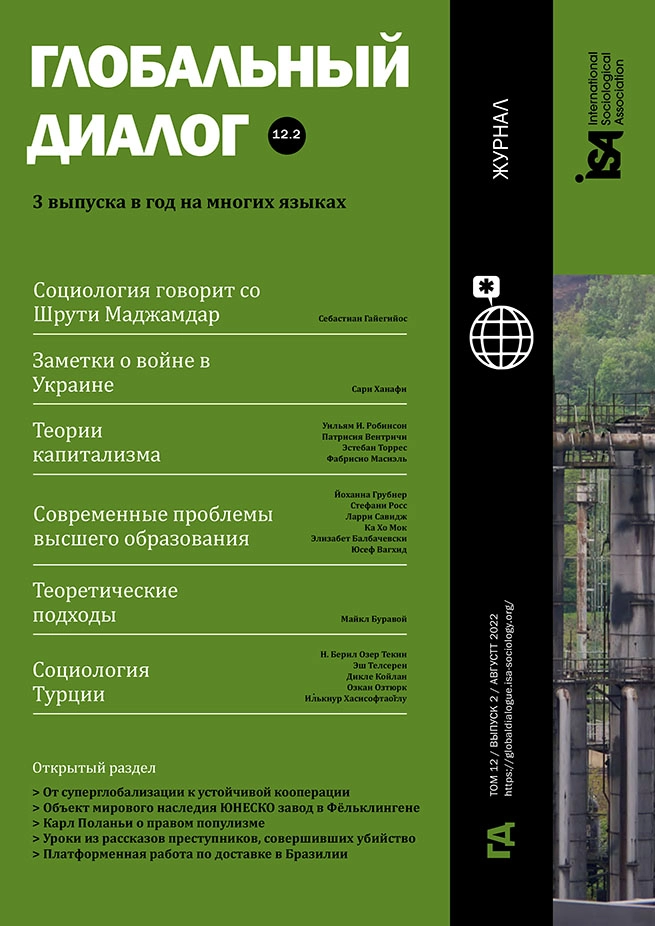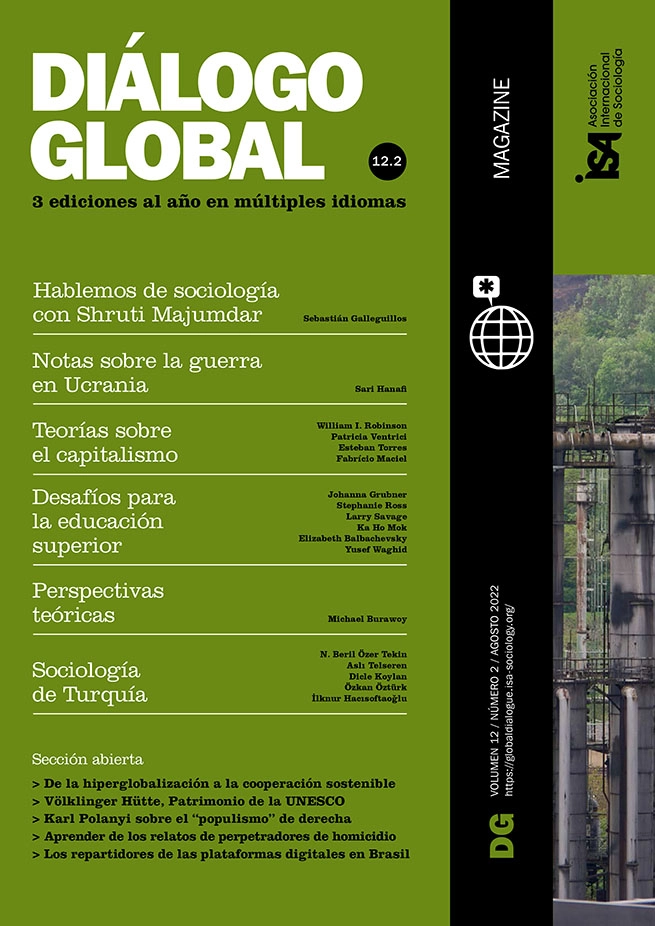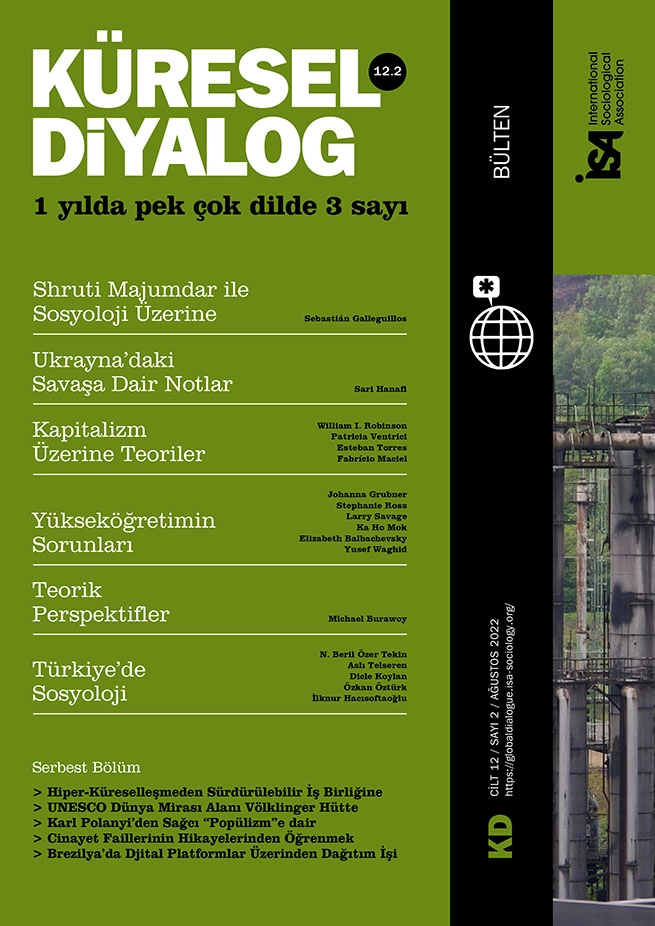This paper addresses the challenges public universities face under a neo-populist government. It achieves this goal by exploring the contemporary experience of Brazilian public universities in the face of President Bolsonaro’s government.
In the past few decades, higher education worldwide has faced many challenges from government initiatives. Neoliberalization, marketization, managerialization, and other terms describe the many aspects of the changing dynamics that shape the relationship between higher education, governments, and society. However, the experience of a neo-populist government goes one step deeper: under this kind of government, universities do not experience only an adversarial policy environment pressing for changes. Instead, they face an enemy environment, where the government is interested not in transforming but in defeating universities.
Populism is an old term used in political analysis to describe leaders that ascend to and stay in power by mobilizing the direct support of large parts of the population. They achieve this mobilization by carefully crafting different discourses addressing the grievances and resentments of various sectors in society. Presently, the widespread resentment mushrooming in sectors marginalized by the dynamics of the knowledge society represents an excellent opportunity for political entrepreneurs to profit from investing time and resources to give voice to and organize this dissatisfaction. They do that by employing the old populist toolkit: nurturing a personal nexus between the leader and followers and promising to include and protect the “long-neglected people.”
The neo-populist attack on universities
In this discourse, universities, among other entities, represent the enemy: they are the cradle of the post-materialist culture and values that challenge the “people’s” core beliefs. Universities embody science and technology, which are among the main threats to the old traditions. The skeptical approach that science nurtures when addressing established truths is another source of suspicion. These perceptions make the university an enemy to be brought to its knees. In the more totalitarian version of neo-populism, policies for controlling university life have a deeper meaning: they aim to convert the university into a tool to spread the dominant ideology sustained by the neo-populist regime.
The neo-populism that threatens today’s democracy in Brazil also has roots in the impoverishment and insecurity brought by globalization. But it goes deeper: it feeds into the insecurity brought by the precarity of access to quality education and the widespread deficit in training for modern skills and competencies. This resentment was explored by candidate Jair Messias Bolsonaro in his victorious campaign for the presidency in 2018. He achieved this feat by mobilizing different social media channels and designing diverse narratives directed to his supporters. Each narrative explored sources of hate and resentment and presented the candidate as the righteous expression of all grievances, and the fighter for the old, traditional values.
Once in office, Bolsonaro has governed by combining the support of a large, dispersed, and diverse network of followers mobilized through social media and the enthusiastic backing of a vast collection of members of Congress from different parties. A conservative agenda mobilizes Bolsonaro’s political support. Its main goal is the dismantling of regulatory frameworks in place in all areas: environment, health, education, infrastructure, and welfare.
Bolsonaro’s government has also deemed public universities an enemy. On different occasions, government members have portrayed public universities as nests of communists and atheists and accused the university authorities of tolerating marijuana plantations on their campuses. Accordingly, his government imposed stringent cuts in federal universities’ budgets. The Ministry of Justice mobilized an old law, dated from the authoritarian years of the 1960s, to launch legal processes against academics and university higher administration staff whenever they dared to criticize the government in public talks. Using the pandemic as an excuse, the government also froze hiring of new academics and employees. There were moves for intervening in academic autonomy on different occasions: cuts in the resources to support social science and humanities and actions directed towards jeopardizing the continuity of graduate programs focusing on gender and racial inequalities. Finally, the government managed to disorganize the internal governance of universities on many occasions, bypassing established rules and appointing leaders of small conservative movements as university heads.
Resistance from the universities
Despite this adverse environment, Brazilian universities survived. They were able to meet the challenges posed by the pandemic, found resources to reinvent teaching and learning using the available tools for distance education, and launched programs enabling students from poor backgrounds to access the internet. Research and graduate programs from different areas reinvented themselves, focusing on understanding the pandemic’s multiple consequences, which justified the university’s presence in the eyes of Brazilian society.
University resistance comes from different yet complementary sources. First is the presence of strong allies in Brazilian society, in particular, the media and the judiciary. This is a heritage of the significant role played by public universities in the fight for the country’s democratization between the 1970s and 1980s. Second is the role played by peer-review procedures in science and graduate education policies. When facing threats of persecution, academics from all areas closed ranks in support of academic freedom. Finally, there are the collegial rules that still form the basis of university governance in Brazil. Collegiality means that university decision-making instances are dispersed, with many semi-autonomous decision centers overlapping. Departments, faculties, laboratories, institutes, programs all share some degree of autonomy in the internal decision-making process. When the central administration collapsed because of the government’s mismanagement, these centers stepped up and, by creating ad hoc connections, steered the university out of troubled waters. Thus, the Brazilian experience shows how the old governance models are still relevant for sustaining the university’s resilience in the face of the storms created by neo-populist authoritarian governments.
Elizabeth Balbachevsky, University of São Paulo, Brazil <balbasky@usp.br>




